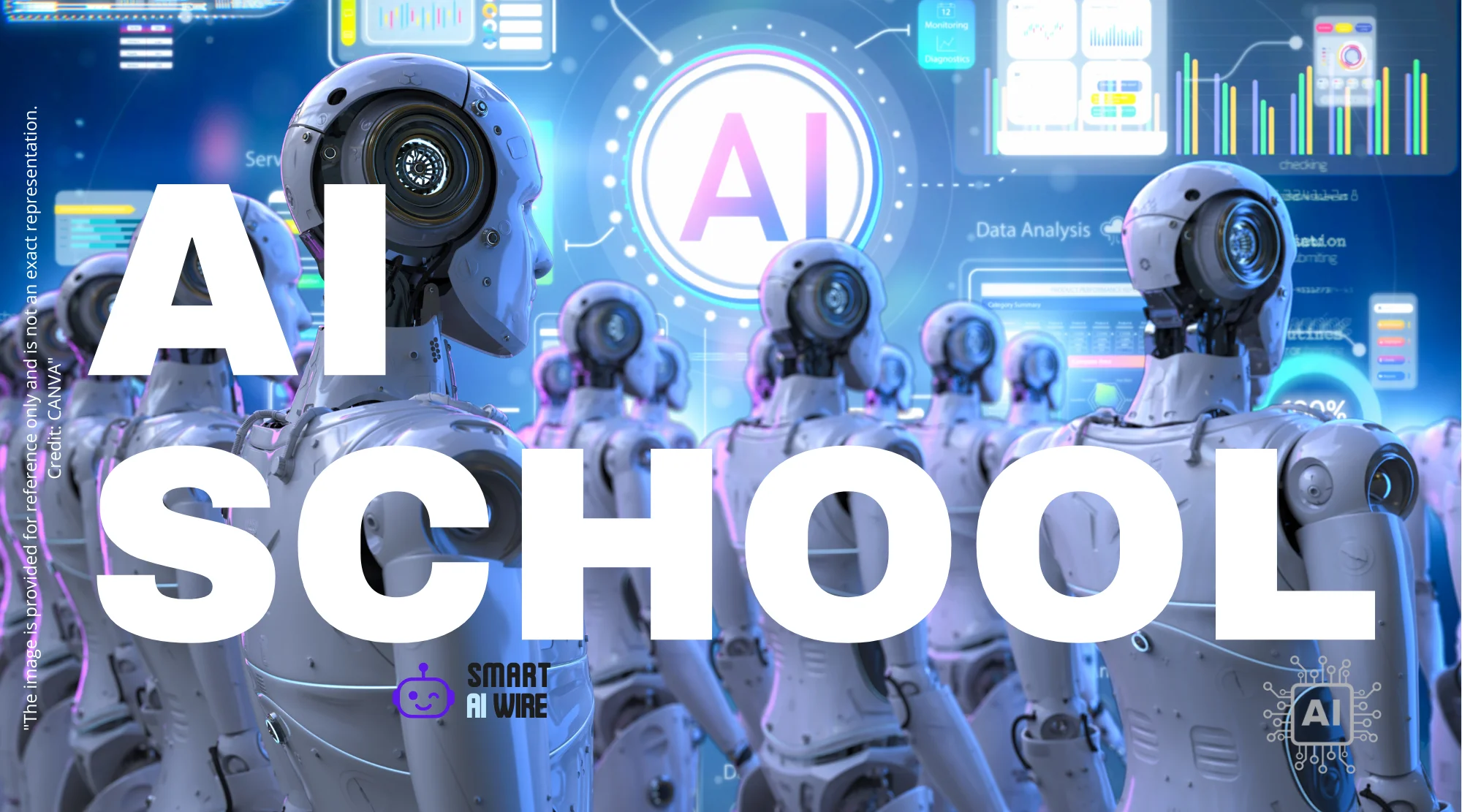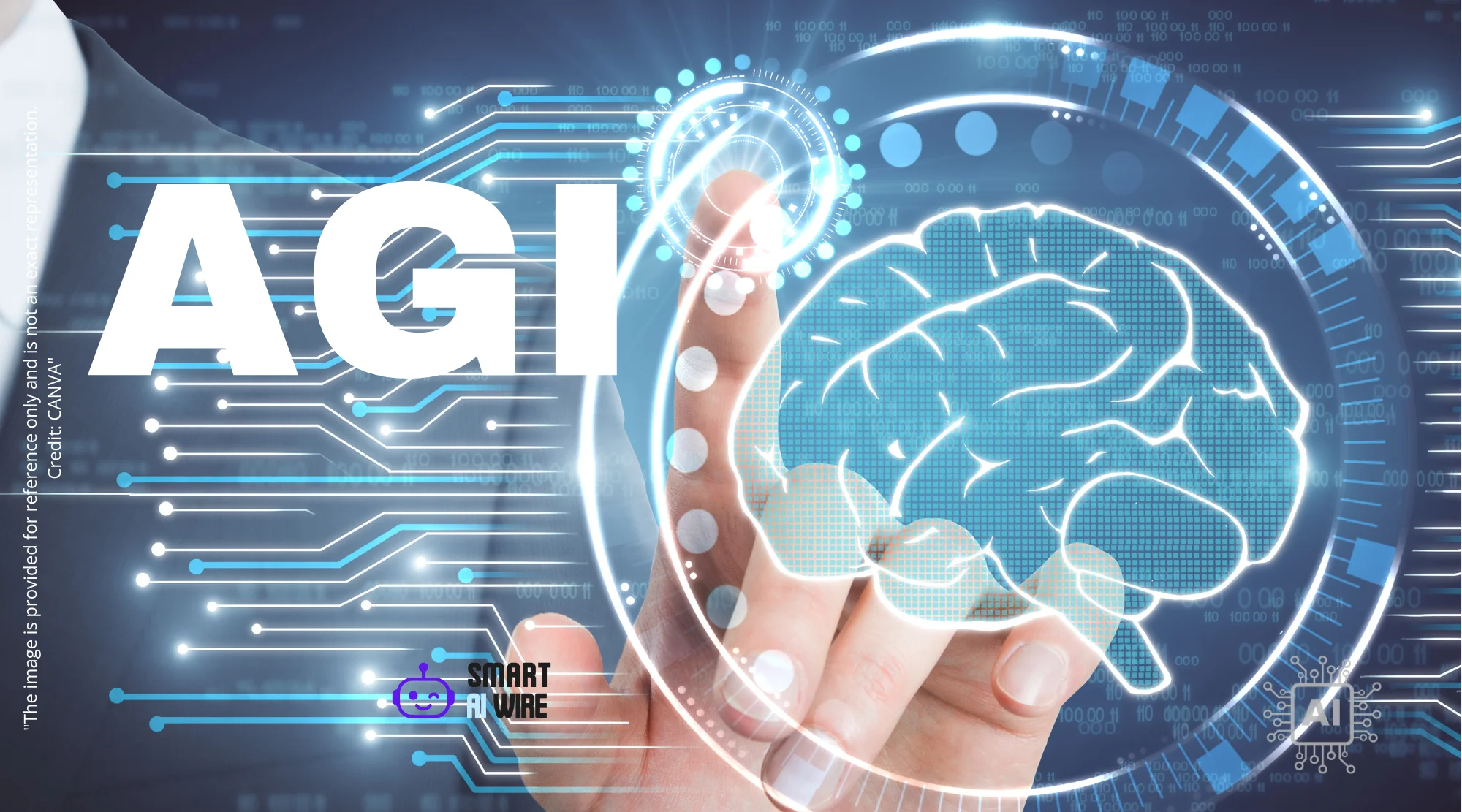Imagine a world where routine business tasks vanish, customer service is instantaneous, and complex processes are streamlined effortlessly. This isn’t a futuristic fantasy; it’s the reality being shaped by AI Agents today. These advanced AI systems are rapidly transforming how businesses operate, offering a leap beyond traditional chatbots by autonomously executing tasks, learning from interactions, and adapting to dynamic environments. This article delves into the transformative power of AI Agents, exploring their capabilities, real-world applications, and the future they’re forging for businesses across industries.
What are AI Agents and How are They Different From Chatbots?
AI Agents represent a significant advancement over traditional chatbots. While chatbots primarily offer pre-scripted responses to simple queries, AI Agents possess the ability to interpret user intent, learn from data, and autonomously execute tasks. They leverage advanced machine learning algorithms, including natural language processing (NLP) and reinforcement learning, to understand complex requests and adapt to changing circumstances.
Consider this analogy: a chatbot is like a recorded message, providing static information. An AI Agent, on the other hand, is akin to a skilled assistant who can not only answer questions but also proactively manage your schedule, handle correspondence, and even make informed decisions on your behalf.
The key differences lie in their capabilities:
- Understanding User Intent: AI Agents can discern the underlying meaning behind user requests, even if phrased ambiguously.
- Autonomous Action: They can perform tasks without explicit instructions at every step, such as scheduling meetings, processing orders, or managing customer inquiries.
- Learning and Adaptation: AI Agents continuously learn from interactions and data, improving their performance over time.
- Contextual Awareness: They maintain context across multiple interactions, allowing for more personalized and efficient service.

The Growing Adoption of AI Agents Across Industries
The versatility of AI Agents is driving their adoption across a wide range of industries. From healthcare to finance, and retail to manufacturing, businesses are leveraging AI Agents to optimize operations, enhance customer experiences, and unlock new levels of efficiency.
Here are a few examples:
- Healthcare: AI Agents are being used to schedule appointments, provide preliminary diagnoses, and manage patient records, freeing up medical professionals to focus on more complex tasks.
- Finance: They are assisting with fraud detection, risk assessment, and personalized financial advice, improving accuracy and efficiency in financial operations.
- Retail: AI Agents are powering personalized shopping experiences, providing product recommendations, and handling customer service inquiries, leading to increased sales and customer satisfaction.
- Manufacturing: They are optimizing supply chain management, predicting equipment failures, and automating quality control processes, resulting in reduced costs and improved productivity.
These examples demonstrate the diverse applications of AI Agents and their potential to transform industries. As the technology continues to evolve, we can expect to see even more innovative uses emerge.
Key Benefits of Implementing AI Agents in Your Business
The implementation of AI Agents offers a multitude of benefits for businesses, including:
- Increased Efficiency: Automating routine tasks frees up human employees to focus on more strategic and creative endeavors.
- Enhanced Customer Experience: Providing 24/7 support and personalized service improves customer satisfaction and loyalty.
- Reduced Costs: Streamlining operations and optimizing resource allocation leads to significant cost savings.
- Improved Decision-Making: Analyzing vast amounts of data and providing actionable insights empowers businesses to make better decisions.
- Competitive Advantage: Staying ahead of the curve by adopting cutting-edge technology provides a significant competitive advantage.
Companies are increasingly recognizing these benefits, driving the rapid growth of the AI Agent market. A recent report by Gartner projects that the AI Agent market will reach $80 billion by 2027, highlighting the significant investment and adoption of this technology. (E)
Overcoming Challenges in AI Agent Implementation
While the potential benefits of AI Agents are significant, implementing them successfully requires careful planning and execution. Businesses may encounter challenges such as:
- Data Requirements: AI Agents require large amounts of high-quality data to train effectively.
- Integration Complexity: Integrating AI Agents with existing systems can be complex and time-consuming.
- Security Concerns: Protecting sensitive data and ensuring the security of AI Agents is crucial.
- Ethical Considerations: Addressing ethical concerns related to bias, transparency, and accountability is essential.
- Skill Gap: Training employees to work with and manage AI Agents may require significant investment.
To overcome these challenges, businesses should adopt a strategic approach that includes:
- Defining Clear Objectives: Identifying specific business goals that AI Agents can help achieve.
- Building a Robust Data Infrastructure: Ensuring access to high-quality data and implementing effective data management practices.
- Prioritizing Security: Implementing robust security measures to protect sensitive data and prevent unauthorized access.
- Addressing Ethical Concerns: Establishing ethical guidelines and ensuring transparency in AI Agent operations.
- Investing in Training: Providing employees with the necessary skills to work with and manage AI Agents effectively.
Furthermore, organizations should consider partnering with experienced AI vendors and consultants who can provide guidance and support throughout the implementation process.
The Future of Work with AI Agents
The rise of AI Agents is transforming the future of work, creating new opportunities and challenges for businesses and employees alike. While some fear that AI Agents will displace human workers, the reality is more nuanced. AI Agents are more likely to augment human capabilities, freeing up employees to focus on higher-level tasks that require creativity, critical thinking, and emotional intelligence. AI and Human Authorship can indeed coexist.
According to a report by the World Economic Forum, AI and automation will create 97 million new jobs by 2025, while displacing 85 million jobs. (External link to World Economic Forum) This suggests that the key to success in the future of work lies in adapting to the changing landscape and developing the skills needed to collaborate effectively with AI Agents.
This includes:
- Developing “Soft Skills”: Emphasizing skills such as communication, collaboration, and problem-solving, which are difficult for AI Agents to replicate.
- Upskilling and Reskilling: Providing employees with training and development opportunities to learn new skills and adapt to changing job roles.
- Focusing on Creativity and Innovation: Encouraging employees to focus on tasks that require creativity, innovation, and critical thinking.
- Embracing Lifelong Learning: Fostering a culture of continuous learning and development to stay ahead of the curve.
Preparing Your Business for the Age of AI Agents
To prepare your business for the age of AI Agents, consider the following steps:
- Assess Your Current Operations: Identify areas where AI Agents can improve efficiency, reduce costs, or enhance customer experiences.
- Define Your Objectives: Set clear and measurable goals for AI Agent implementation.
- Build a Data Strategy: Develop a plan for collecting, managing, and analyzing data to train AI Agents effectively.
- Prioritize Security and Ethics: Implement robust security measures and establish ethical guidelines for AI Agent operations.
- Invest in Training and Development: Provide employees with the necessary skills to work with and manage AI Agents.
- Start Small and Scale Gradually: Begin with a pilot project to test the waters and gradually scale up implementation as you gain experience.
- Monitor and Evaluate Performance: Continuously monitor the performance of AI Agents and make adjustments as needed to optimize results.
- Stay Informed: Keep up-to-date with the latest developments in AI Agent technology and best practices.
By taking these steps, you can position your business to thrive in the age of AI Agents and unlock the full potential of this transformative technology. Learn more about AI in the workplace in our blog.
In conclusion, AI Agents are poised to revolutionize the way businesses operate. By understanding their capabilities, addressing the challenges, and embracing the opportunities, businesses can harness the power of AI Agents to achieve unprecedented levels of efficiency, innovation, and success. The future is agentic, and those who embrace this change will be best positioned to thrive.




One thought on “AI Agents: Revolutionizing Business Operations and Efficiency”